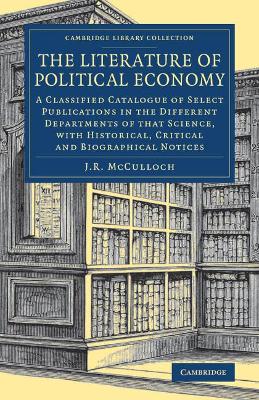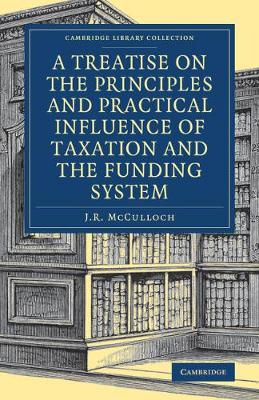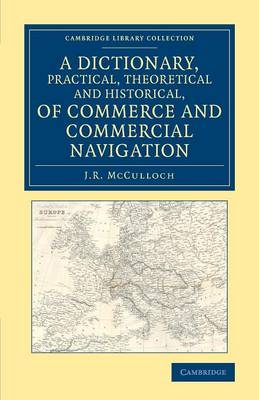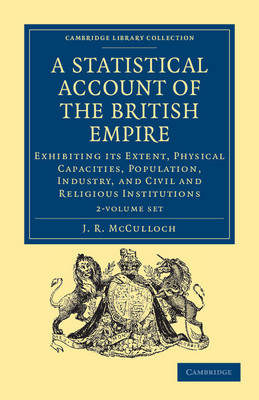Cambridge Library Collection - British and Irish History, 19th Century
2 primary works • 7 total works
Volume 1
Volume 2
A Treatise on the Principles and Practical Influence of Taxation and the Funding System
by J R McCulloch
A Dictionary, Practical, Theoretical and Historical, of Commerce and Commercial Navigation
by J R McCulloch




